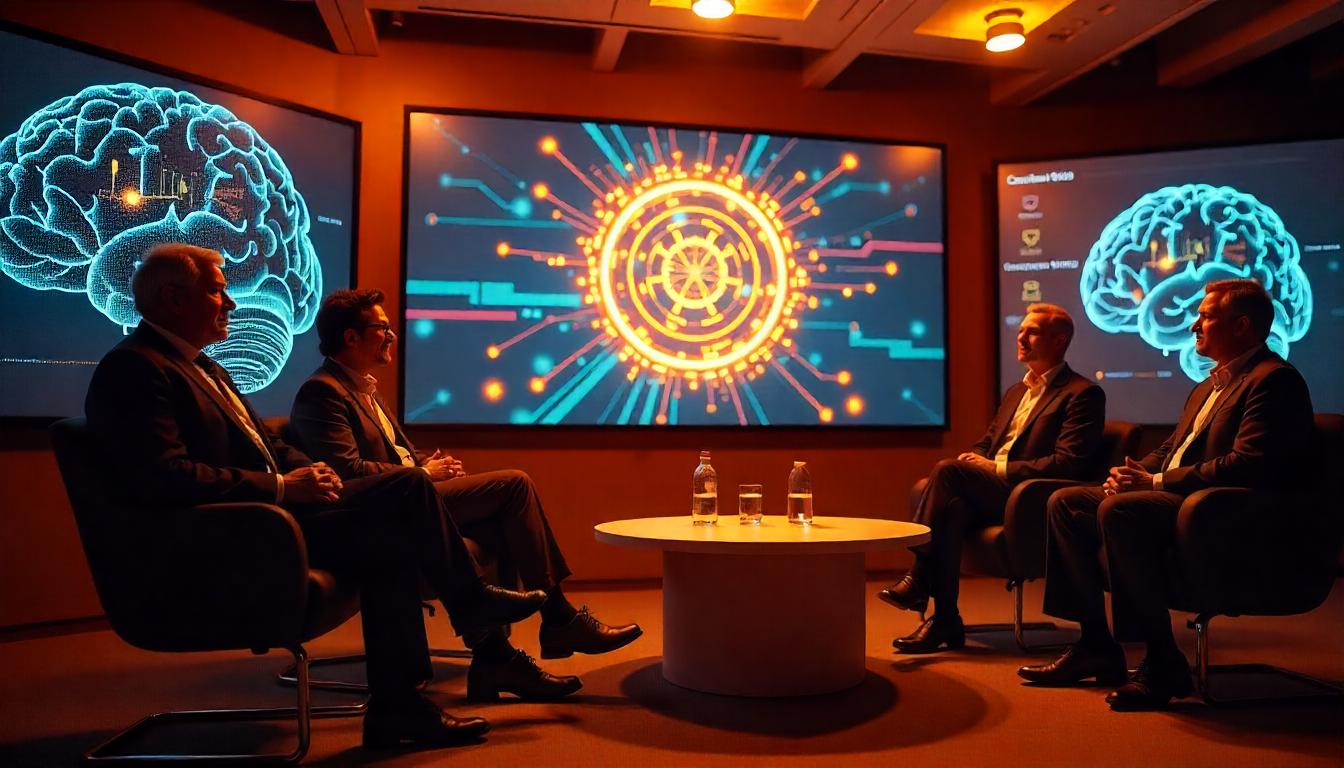Artificial General Intelligence (AGI): When Will It Arrive?
Artificial intelligence already shapes many parts of our lives, from smart home devices to personalized recommendations on streaming platforms. Yet all these tools fall under narrow AI, built to perform specific tasks. The real dream in the tech world is Artificial General Intelligence (AGI)—machines with human-level thinking, learning, and reasoning across countless domains.
So, the big question remains: When will AGI actually arrive? Let’s dive into what AGI means, why it’s so challenging to achieve, and what experts predict about its timeline.
What Is AGI, Anyway?
Artificial General Intelligence (AGI)—sometimes called “strong AI”—refers to machines with the ability to understand, learn, and reason about a broad range of topics, just like humans. Unlike narrow AI, which can excel in one area, AGI would be able to:
- Learn and adapt across different fields
- Understand complex, abstract ideas
- Solve novel problems creatively
- Transfer knowledge from one domain to another
Imagine an AI that can compose music, analyze scientific data, write a novel, or hold a deep conversation—all seamlessly and flexibly. That’s the extraordinary potential of AGI.
Why Is AGI So Hard to Build?
Even with the incredible strides we’ve seen in AI over recent years, building AGI remains an enormous challenge. Here’s why:
1. Missing Common Sense
Humans know instinctively that ice melts in heat or that rain makes the ground wet. AI still lacks this basic, everyday understanding of the world.
2. Context and Emotional Nuance
Humans can detect sarcasm, read emotional cues, and grasp subtle meanings in conversation. These nuances remain difficult for machines to interpret reliably.
3. Transferring Knowledge
People can use skills learned in one context and apply them elsewhere—like how learning chess might sharpen strategic thinking in business. Teaching machines to generalize knowledge like this is still a major hurdle.
4. Consciousness and Self-Awareness
Some experts believe AGI may require a level of self-awareness or consciousness—an area we still don’t fully understand, even in humans.
So, When Will AGI Arrive?
Ask ten AI experts when AGI might arrive, and you’ll probably get ten different answers. Predictions vary dramatically, including:
- Optimists such as futurist Ray Kurzweil believe AGI could emerge by the 2030s or 2040s, driven by rapid progress in computing power and AI research.
- More cautious voices suggest AGI might still be 50 to 100 years away, as we’ve yet to crack crucial scientific challenges.
- Skeptics argue AGI might never come to fruition because human intelligence could rely on uniquely biological or conscious processes that machines can’t replicate.
Surveys of AI researchers often place the median estimate for AGI’s arrival somewhere between 2050 and 2100, but there’s significant uncertainty.
Why AGI Matters So Much
The arrival of AGI would be one of the most transformative events in human history. The benefits could be incredible, including:
- Rapid discoveries in medicine and science
- New solutions for climate change
- Increased productivity and automation of complex tasks
However, AGI also poses serious risks:
- Massive job disruption across industries
- Potential misuse of powerful AI systems
- The challenge of maintaining human control over advanced AI
That’s why many experts stress the need for AI safety research and ethical frameworks long before AGI becomes a reality.
How Should We Prepare for AGI?
Even if AGI is decades away, conversations about it are vital right now. Its arrival could reshape society, for better or worse.
Whether you’re a tech enthusiast, a business leader, or simply curious about the future, staying informed and supporting ethical AI research can help ensure AGI’s impact is positive for everyone.





